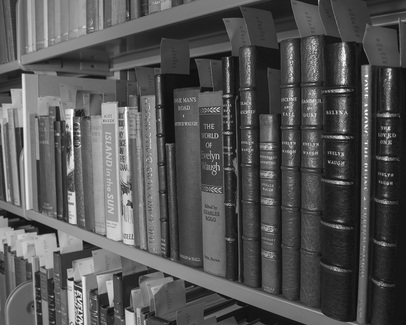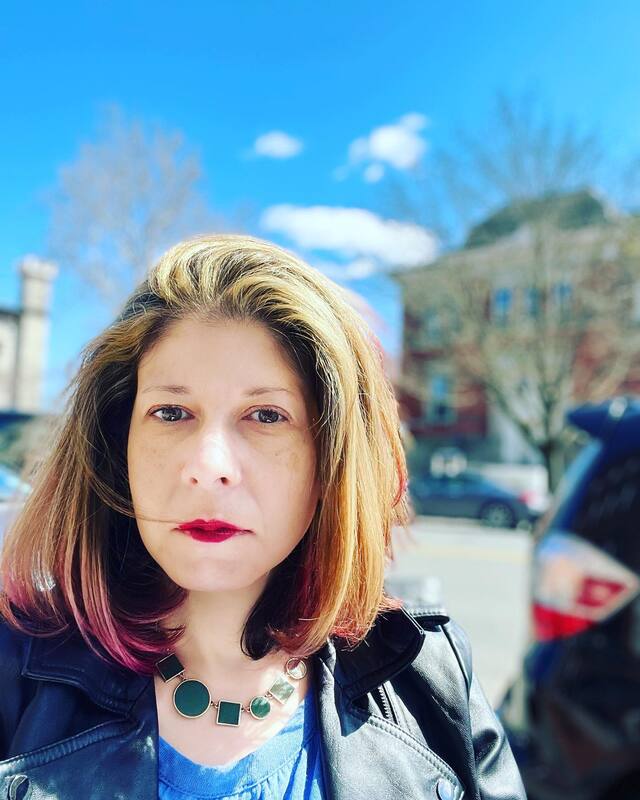 Evelyn Waugh Library, Harry Ransom Center, University of Texas at Austin. Photography by Pete Smith. Evelyn Waugh Library, Harry Ransom Center, University of Texas at Austin. Photography by Pete Smith. Collecting, Curating, and Researching Writers’ Libraries, edited by Richard W. Oram and Joseph Nicholson, will be published by Scarecrow Press, Rowman & Littlefield in 2014. My contribution to this volume, "Anne Sexton's Modern Library," is the first essay to address Sexton’s personal library, housed in the Harry Ransom Humanities Research Center at the University of Texas at Austin. This essay considers Sexton’s annotating strategies in the context of her academic self-fashioning, particularly regarding the writers she began to read and annotate as she attended Philip Rahv’s literature course at Brandeis University in the summer of 1960. Here is the editors’ description of the volume: Although there are many bibliographies and reconstructions of the private libraries belonging to individual authors and to “association copies,” this is the first general consideration of these libraries, many of which in academic collections. In recent years, book historians have become considerably more interested in the study of provenance, while literary scholars have devoted more attention to authorial annotations. At the same time, the Internet has encouraged both scholarly and hobbyist reconstructions of private libraries (see, for example, the “Legacy Libraries” on Librarything.com). This collection begins with principal editor Richard Oram’s historical overview of writers’ libraries and institutional collecting, focusing primarily on English-language authors. The co-editor, Joseph Nicholson, has provided a definitive review of best cataloging and arrangement practices that facilitate scholarly access. The bookseller Kevin Mac Donnell discusses the marketing of these collections and obstacles to placing intact author libraries in institutions. Also included are case studies by Amanda Golden and David Faulds relating to the personal libraries of the poets Anne Sexton and Ted Hughes, indicating how these collections have the potential to enhance archival research. Fiction writers Iain Sinclair, Russell Banks, Jim Crace, poet Ted Kooser, and biographer Ron Powers describe their (sometimes passionate) relationship with books. The concluding chapter, a location guide to over 500 individual libraries, will be invaluable to scholars and librarians who want to know where writers’ libraries are currently located, what happened to them (if they are known to have been sold or dispersed), and what has been written about them.
0 Comments
Your comment will be posted after it is approved.
Leave a Reply. |
